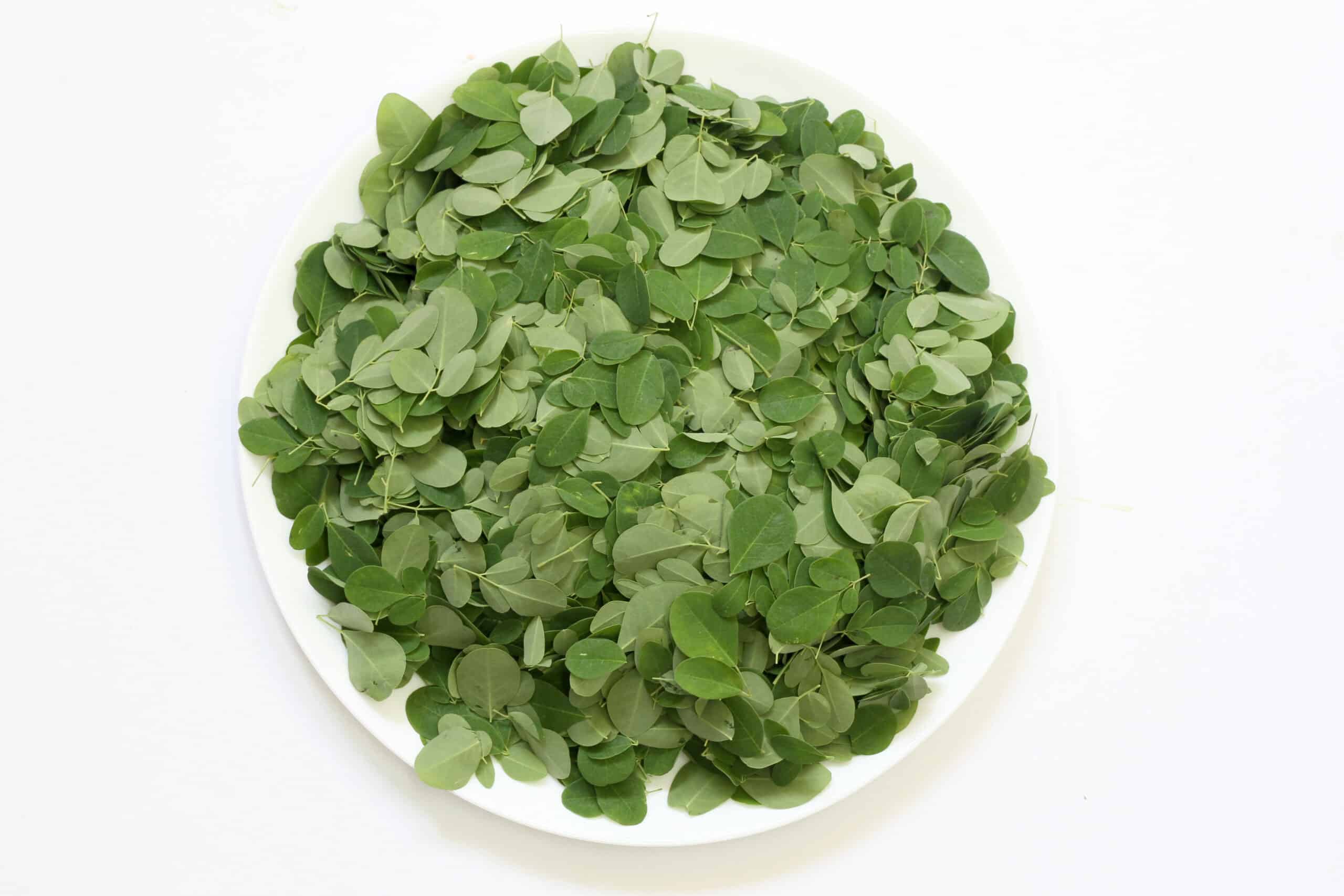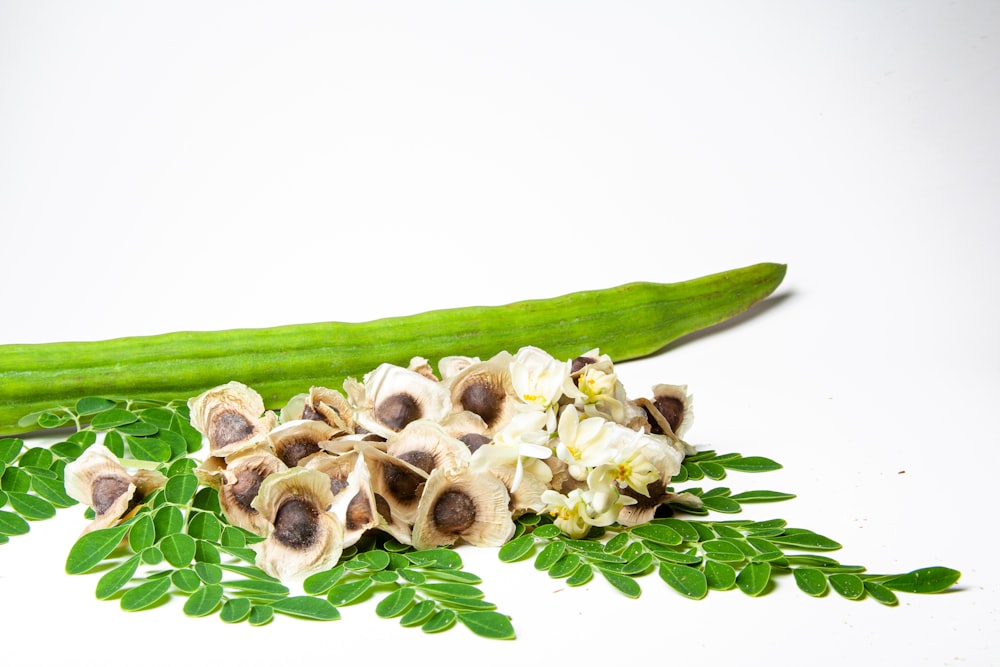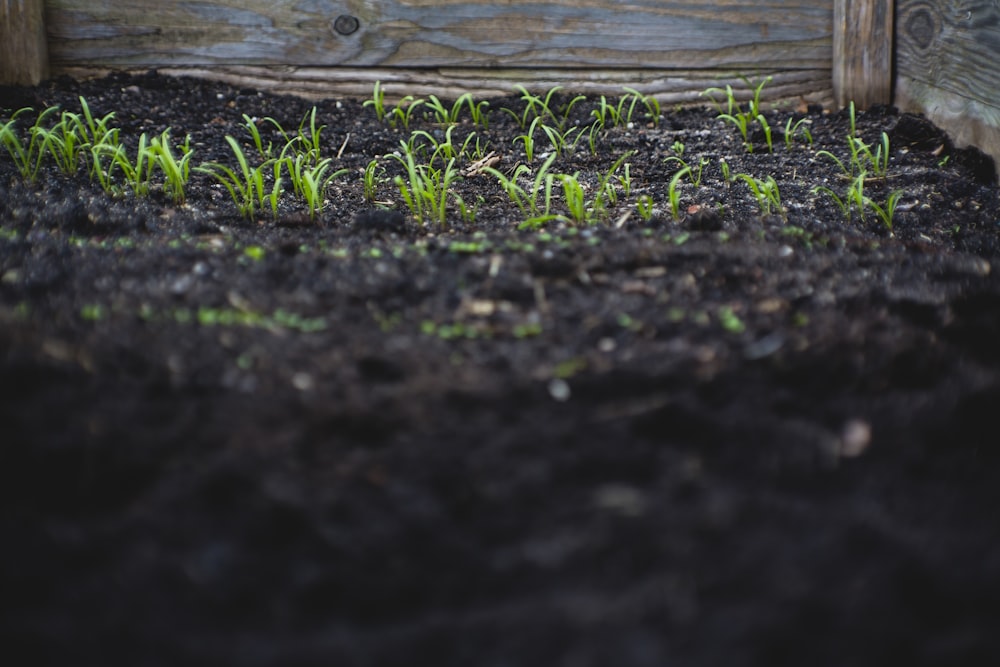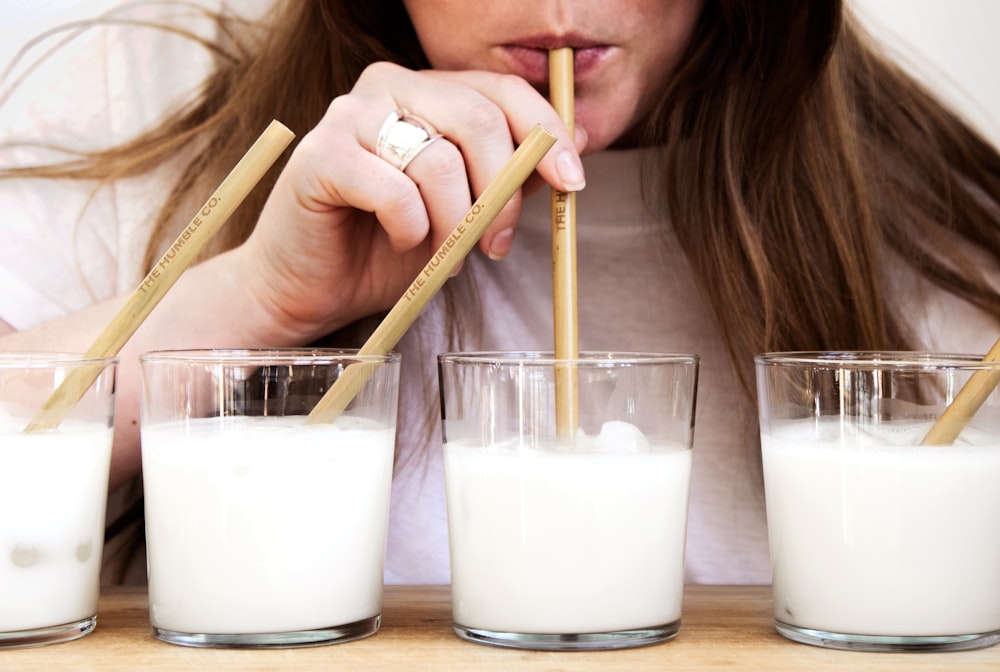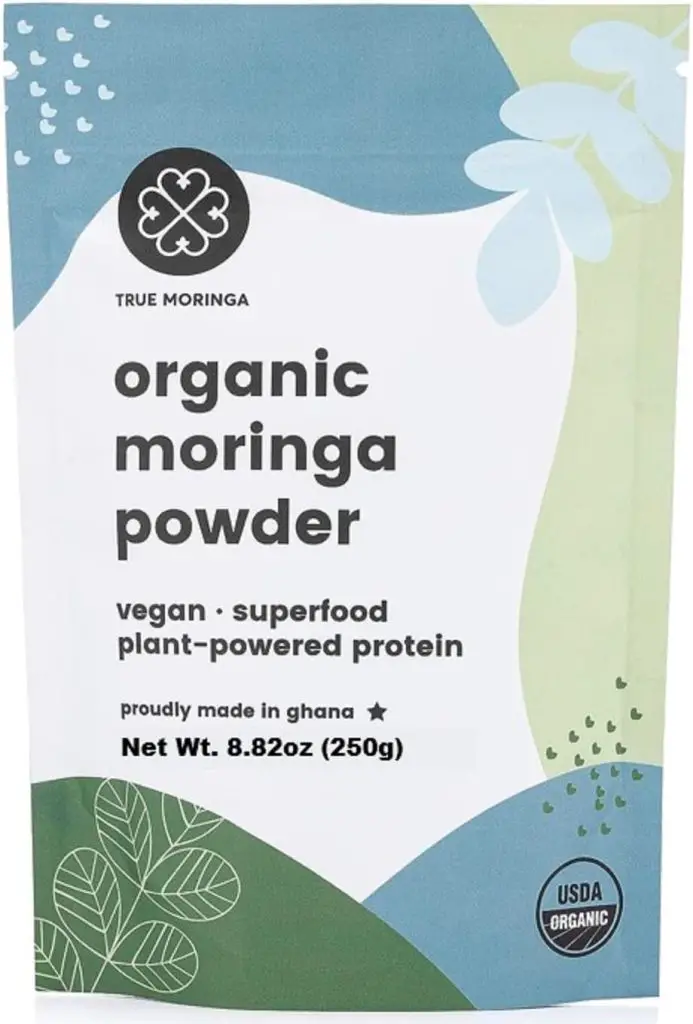Earthiness and Freshness: Moringa’s Distinct Flavor Profile
Statements like “Well, it looks like a green powder; it must be Matcha!” are quite common, given the strikingly similar appearances of Moringa powder and matcha powder.
Now, the intriguing question arises: What does Moringa Oleifera taste like?
Expecting statements like “Well, it looks like a green powder; it must be Matcha!” is quite common, given the strikingly similar appearances of Moringa powder and matcha powder.
Now, the intriguing question arises: What does Moringa Oleifera taste like?
What Does Moringa Powder Taste Like?
The flavor of Moringa powder is a delightful mix of matcha, spirulina, and algae. Whether consumed in its raw form or processed, Moringa Oleifera presents an earthy taste with a subtle hint of slight bitterness. It undeniably has a unique flavor profile that, fortunately, doesn’t pose any challenges to consume.
Does Moringa Taste Like Matcha?
Despite Moringa’s visual resemblance to matcha, it has slightly more bitterness compared to matcha (at least that’s my take). For a more relatable comparison, it can be similar to matcha that has been enriched with undertones of blue-green algae. (You might notice a faint resemblance to spirulina.)
What Do Moringa Seeds Taste Like?
Moringa Oleifera seeds have a texture somewhat similar to tiny green beans – small, green, and packed with goodness. However, in comparison to green beans or the processed counterparts of this drumstick tree, the flavor of Moringa pods or seeds stands out for its smooth, rich, and sweet profile.
Not only do these seeds pack a higher concentration of nutrients, but their taste is also superior.
The seeds are hard to get your hands on, likely requiring you to cultivate them yourself.
However, the homegrown version surpasses any processed iteration of the miracle tree. While most powders on the market are pure Moringa, growing it at home ensures that the seeds remain untainted by artificial colors, flavors, or preservatives.
A word of caution, though – these seeds have a laxative effect, so be careful with how many you consume.
What Taste Does Fresh Moringa Leaves Have?
Fresh Moringa leaves have a notably robust flavor compared to the milder taste of Moringa powder. These leaves carry a spicy profile, reminiscent of raw cabbage, radish, mustard sprouts, cress, watercress, or nasturtium leaves. Additionally, fresh Moringa leaves retain more nutritional value since they haven’t undergone any processing.
The mild flavor of Moringa leaves makes them a suitable addition to salads and sandwiches. This nutritious leaf can seamlessly substitute or complement spinach or other green vegetables in various dishes.
To my delight, even my kids remain blissfully unaware that half of their meals have been enriched by the addition of fresh Moringa leaves!
If you’re interested to learn more about how much Moringa should you take each day, check out the article below:
What do Dried Moringa Oleifera Seeds Taste Like?
Even in their dried form, Moringa seeds retain the smooth, rich, sweet taste characteristic of non-dried seeds. Despite their reputation for cleansing the human body and serving as a potent laxative, these dried seeds are frequently compared to green beans in terms of texture.
Does Moringa Tree Taste Similar to Grass?
While Moringa and grass may share a visual resemblance to the inexperienced eye, it would be amusing to think they taste anything alike! The Moringa tree, though rooted and surrounded by grass, should not be mistaken for having a taste similar to grass.
On occasion, Moringa may carry grass-like undertones.
The presence of these undertones depends on how you’ve incorporated Moringa powder into your diet and the creativity of your flavor profile.
During the preparation of Moringa-related foods or drinks, there may be a noticeable grassy or earthy aroma. However, despite both having an earthy taste, it’s essential to note that grass tastes much more like dirt than Moringa does.
Does Fresh Moringa Taste Better Than a Processed One?
According to a study, fresh Moringa is noted to have a less bitter and more appealing taste compared to processed Moringa. The fresh Moringa Leaf was described as having a mild flavor reminiscent of green tea, stemmy green beans, and tulip stems, with a more robust flavor experienced when mashed between the teeth.
Why Does Fresh Raw Moringa Taste Best?
As the Fresh Raw Moringa Leaves remain unprocessed, the levels of glucomoringin seem to remain unaltered. Additionally, the glucosoonjnain content in the unaltered Moringa is notably lower than in the processed form, contributing to a better taste. While the flavor may vary slightly, dried Moringa powder offers numerous health benefits owing to its abundant nutrient profile, including proteins, amino acids, antioxidants, and flavonoids. Incorporating dried Moringa leaf into smoothies, yogurts, and juices is a convenient way to enjoy its nutritional advantages.
What Does Cooked Moringa Taste Like?
The taste and texture of cooked Moringa differs from its raw form. Once cooked or processed, Moringa adopts a milder flavor without leaning towards either bitterness or sweetness. Prolonged cooking can result in a taste resembling spinach. It’s crucial to note that excessive heat can diminish the enzymes and vitamins present in Moringa leaves.
As a guideline, avoid boiling fresh Moringa leaves or powder for an extended duration to preserve their nutritional benefits.
What Does Moringa Pasta Taste Like?
Pasta, a beloved indulgence for many, can be elevated into a nutritious meal with the addition of the right ingredient – Moringa. Despite initial doubts, the taste of Moringa pasta is exceptional.
The recipe is straightforward: cook regular pasta and add Moringa along with other spices and herbs during the cooking process. While some may find that adding Moringa imparts a subtle sweetness to the pasta, it’s generally not overpowering. You can also boil Moringa directly with the pasta for added convenience.
What Taste Does Moringa Soup Have?
As with raw consumption, adding Moringa into your favorite soup not only enhances the overall flavor but also boosts its nutritional value to your health. Whether added to chicken soup or any other soup of your choice, Moringa gives off an amazing taste with earthy undertones.
What Taste Does Moringa Oil Have When Added as a Dressing?
Moringa oil has a sharper and slightly intensified taste compared to other forms of Moringa. It possesses an enriched texture and flavor typical of oils derived from herbs, seed pods, or plants. It’s important to note that, in most cases, Moringa oil is intended for topical use and not for consumption.
How Does Moringa Taste Like When Added to Milk?
When adding Moringa into milk and smoothies, it enhances both the flavor and aroma. A favorite combination involves adding Moringa to milk with two teaspoons of honey, creating a sweet taste while activating the antioxidants of the Moringa.
What Taste Does Moringa Tea Have?
Similar to green tea, Moringa has an earthy taste and can endure high temperatures and slightly extended brewing times. Moringa tea is characterized by its mild bitterness and astringency, often sweetened with honey, fresh mint, and cinnamon to balance the earthy undertones.
Personally, I enjoy a cup of Moringa tea as the first thing in the morning on an empty stomach. It’s a simple process – boil water, add Moringa powder, stir, and enhance the flavor with a touch of ginger and lemon. Voilà!
To learn more about the benefits of consuming Moringa on an empty stomach, you can check out the article below:
One of my favorite Moringa powders is the Organic Moringa Powder by True Moringa. It’s 100% raw organic Moringa powder (made from Moringa leaves), and has no additives, preservatives or artificial colors.
Does Moringa Tea Taste Similar to Green Tea?
These herbal teas, with their potent medicinal properties, stand out. Despite the myriad varieties of green teas and the diverse methods of preparation, the taste of Moringa, when enjoyed without added ingredients, has a distinctively stronger taste.
While green tea is recognized to suppress appetites, Moringa’s anti-inflammatory properties and robust antioxidant profile more than compensate for any differences.
Does Moringa Powder Enhance the Smell and Taste When Added to Beverages?
Any beverage experiences a notable enhancement with the addition of Moringa. Moringa Powder is famously blended into water, milk, smoothies, salads, sandwiches, or cooked foods to elevate both taste and nutritional content.
Moringa powder is not heavy; its light texture dissolves easily in beverages.
What Does Expired Moringa Taste Like?
In the rare event that someone unintentionally consumes Moringa past its expiry date, they should be prepared for an extremely bitter and sour taste. If someone were to attempt eating expired Moringa, the overwhelmingly unpleasant taste would likely prevent them from swallowing it!
Which Tastes Better, Moringa or Spirulina?
Both superfoods serve as healthier alternatives, offering caffeine-free beverage options or additions to food, each with its unique nutritional benefits. We prefer the taste of Moringa over Spirulina, despite Spirulina having twice as much protein.
Is the Horseradish Tree the Same as Moringa?
Moringa goes by various names such as the horseradish tree, drumstick tree, and benzoil tree. Its roots trace back to northern India, and due to its widespread popularity across different regions worldwide, it has received multiple names. However, “Moringa” remains the most widely recognized and accurate term.
Are Moringa Leaves Bitter?
Consuming Moringa leaves directly from the tree can result in a bitter taste. Although some individuals appreciate this earthy and bitter flavor, many find it less appealing. To address this, adding Moringa leaves into dishes such as salads or wraps can help mitigate the bitterness. This not only masks the strong taste but also utilizes the bitter undertones to enhance the overall flavor of the dishes.
Conclusion
In conclusion, Moringa Oleifera, often mistaken for matcha due to its green powder appearance, has a unique taste profile. Its flavor, a delightful blend of matcha, spirulina, and algae, is earthy with a subtle hint of bitterness. Fresh Moringa leaves carry a robust, spicy taste, perfect for salads and sandwiches, while dried seeds offer a smooth, rich sweetness. The cooked form leans towards mildness, resembling spinach. Moringa’s versatility shines in pasta, soup, and even as an oil dressing. When added to beverages like milk, smoothies, or tea, Moringa elevates both taste and nutritional content.
Despite its potential bitterness, Moringa remains a preferred choice over Spirulina, delivering superior vitamins and minerals. It’s important to note that expired Moringa has an extremely bitter and sour taste.

For years now, Moringa has been a daily consumption in my life, incorporated in various forms such as capsules, food recipes, and soothing teas. Initially, my daughter and I embarked on this journey as an experiment, but as time went on, I delved deeper into its remarkable potential and unearthed the unlimited benefits it offers for our well-being and health. I got motivated by how much it positively impacted me and decided to share my insights about Moringa’s profound impact on health and overall living through my blog posts.
